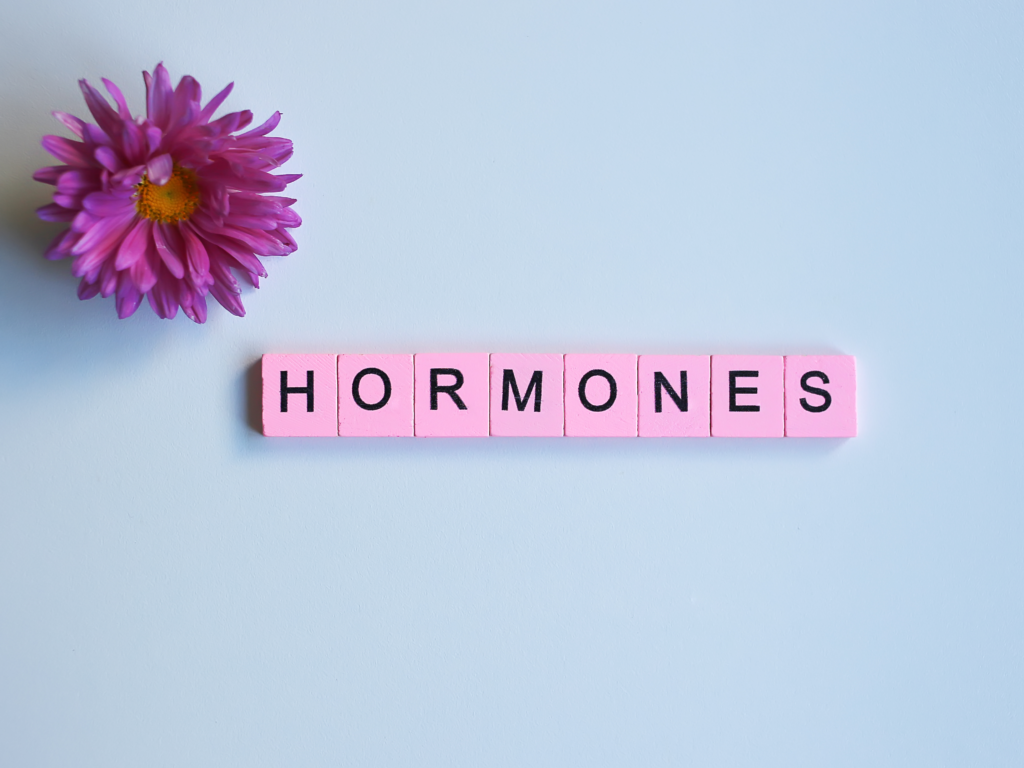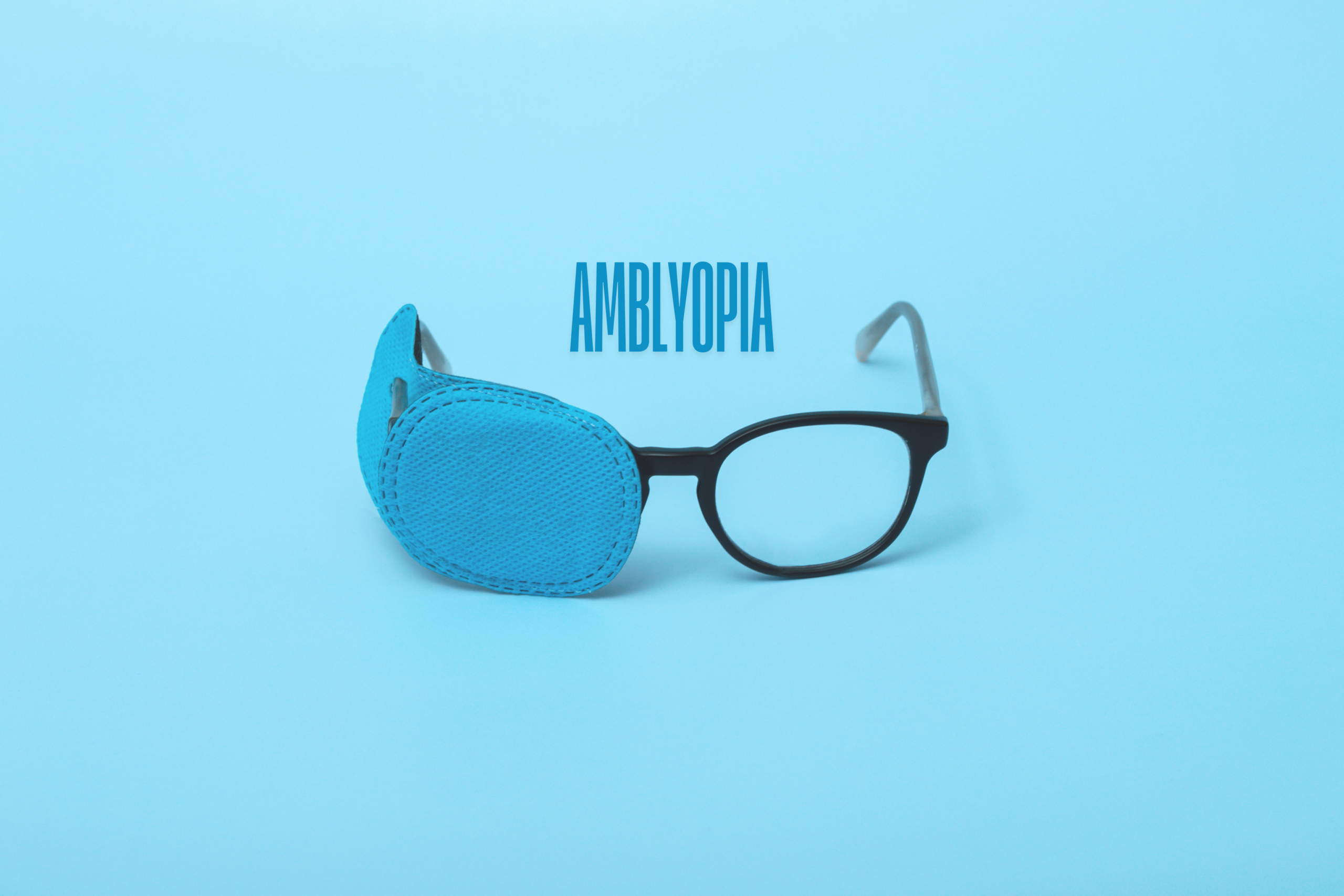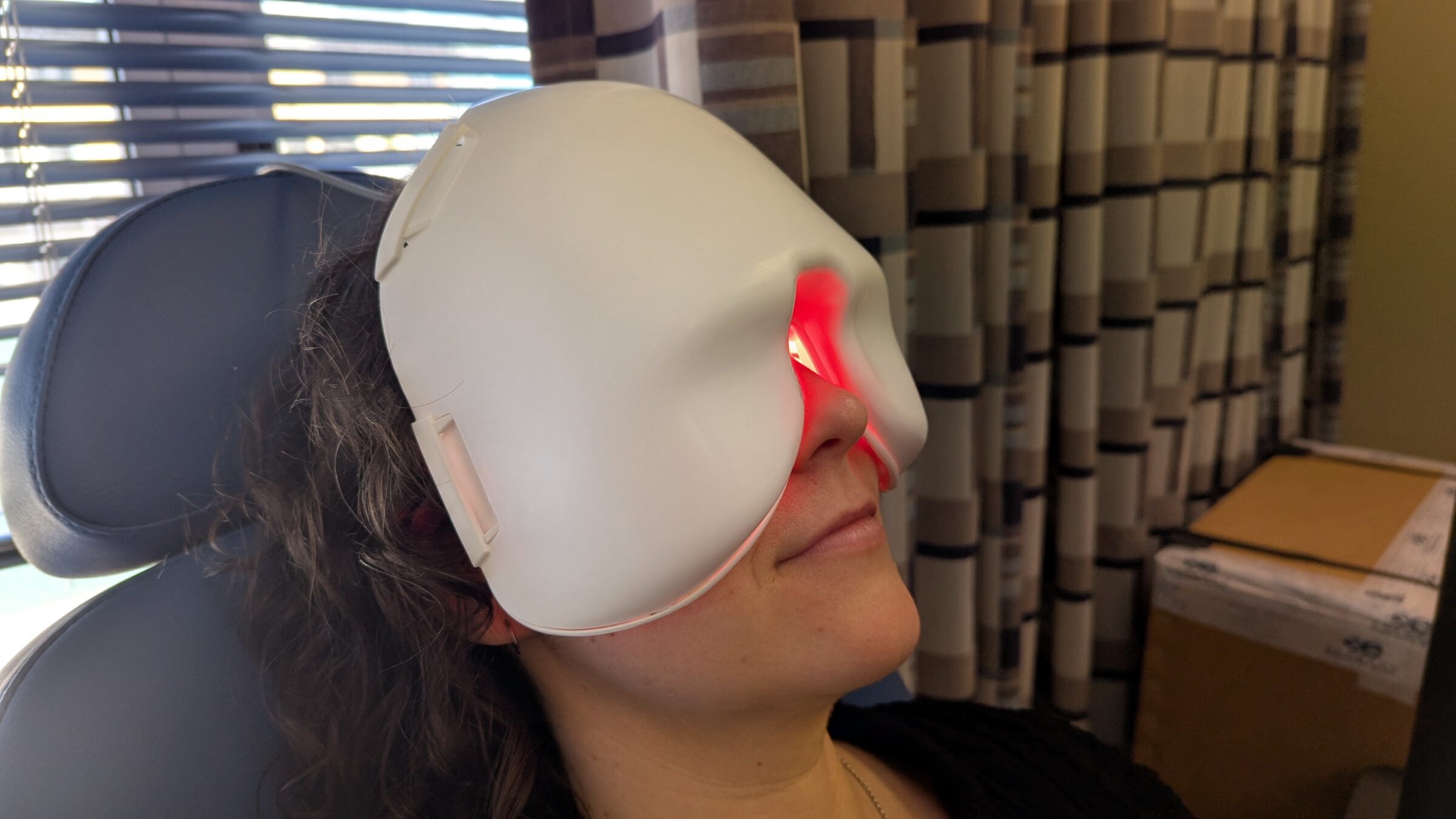
The short answer is, no.
Although laser eye surgery has not been shown to have any negative effects on the mother or unborn child, to get the best possible visual outcome from your laser eye surgery, it is advised that you postpone the surgery to at least 6 months after pregnancy.
How do the eye and vision change in pregnancy?
Women experience significant hormonal changes during pregnancy, breastfeeding, menopause and while on birth control medication. The hormones most involved are estrogen and progesterone. Hormonal changes can have a significant impact on the vision of all individuals, not just women. For more information check out this blog on hormones and the eye.
During pregnancy, these hormones can alter the tissues in and around the eye which can affect the vision. Pregnant individuals may experience blurry vision, light sensitivity, and even headaches and migraines due to fluctuating hormone levels and fluid retention. In most cases the vision will return to normal after giving birth and once breastfeeding has stopped.
However, if your vision doesn’t return to normal a couple of months after pregnancy, or it changes suddenly or drastically, seek medical advice sooner. It could be due to a medical condition like diabetes or hypertension (high blood pressure).

How do pregnancy hormones impact the eye after Laser Eye Surgery?
Fluid retention
Pregnancy hormones cause fluid retention, this is most commonly noticed in the legs, ankles and feet, but it can affect all tissue. When it affects the eye’s tissues, it has the most impact on the cornea, causing it to increase in curvature, thicken, and become hazy.
A hazy cornea is harder to see through, causing blur. But it can also cause light sensitivity and discomfort.
A thickened and/or more curved cornea alters the power of your eye, you might become more short-sighted or more long-sighted when this occurs.
Laser vision correction corrects your vision by changing the thickness and curvature of the cornea. If we perform the surgery while the cornea is in a temporarily altered state, due to pregnancy, our calculations will be off. When the pregnancy-related fluid retention resolves, the vision may not be as good as what we were aiming for.
Corneal Sensitivity
Fluid retention of the cornea can also lead to a reduction in corneal sensitivity. After laser vision correction, having a slightly less sensitive cornea might seem like a bonus! But we need the corneal nerves to have a certain level of sensitivity because these nerves tell you when your eye is dry. Registering this sensation of dryness triggers blinking and increased tear production. Tears and blinking are critical to good healing after laser vision correction surgery. After any eye surgery for that matter.
Dry Eye
Pregnancy hormones also lead to a drier eye. As these hormone levels change, they affect the oil glands along our eyelids. This reduces the quality and volume of oil added to your tears. This oil prevents tear evaporation. Increased evaporation leads to dryness.
Laser vision correction can also cause dry eye issues. To have the best healing possible, you want to make sure you have good-quality tears and minimal dry eye issues before having laser vision correction.
Are the eye drops used after Laser Eye Surgery a risk during pregnancy and breastfeeding?
Following laser vision correction surgery, you are given certain eye drops to support the healing of your eyes. Some of the medications in these eye drops, in theory, have the potential to cause harm to a baby. However, by taking these medications as an eye drop, the chances of them reaching the baby (via the placenta, or via breast milk) in significant volumes is unlikely. There has never been any proven incidence of these eye drops having a negative impact on the child.

Can you have laser eye surgery if you are breastfeeding?
During breastfeeding, there are still a lot of hormonal changes happening, similar to during pregnancy, but less pronounced. For a long time, it was assumed that breastfeeding was a contraindication in laser vision correction surgery. But a large retrospective study, published in 2020 indicated that breastfeeding does not impact your safety or visual outcomes during LASIK or PRK (two forms of laser vision correction surgery). And nor did the surgery or post-operative medications show any sign of risk to the breast-fed children.
So, if you are breast-feeding, in most cases you can have laser vision correction surgery. But you need to take this into consideration.
- That your eyesight must be stable – so we need to prove that your vision at the time of surgery is the same as what it was before pregnancy.
- Laser eye surgery requires sufficient time to heal, and sleep is very important to healing. Are you getting enough sleep while breastfeeding?



We recommend that all our laser eye surgery patients try to plan their surgery around times that are convenient for them. We suggest avoiding big life changes, like changing jobs, moving house etc. You need to be able to have a stress-free recovery period and some time off work. Breastfeeding and caring for young children is a full-time, 24/7 undertaking. So, make sure you can take time for yourself in the recovery period, being woken multiple times during the night is not ideal.
Laser vision correction is elective surgery, meaning you don’t have to have it. This type of surgery isn’t correcting an urgent medical condition. Taking the time to find the best date to have this surgery can make a big difference in your post-surgery comfort and outcomes. Let us know how we can help you coordinate the best date for your surgery.
If you are interested in having laser eye surgery then give us a call on 0800 733 327. Or fill out the book a free assessment and someone from our team will get back to you with more information. We’d love to hear from you!

Common Medications Used in Laser Eye Surgery

Amblyopia and Laser Eye Surgery

How Much Does Laser Eye Surgery Cost in 2025?

SMILE into Summer

What are the visual requirements to join the Police in NZ?

Low-Level Light Therapy for Dry Eyes

Common Medications Used in Laser Eye Surgery

Amblyopia and Laser Eye Surgery

Meet The Team at the Wellington Eye Centre

